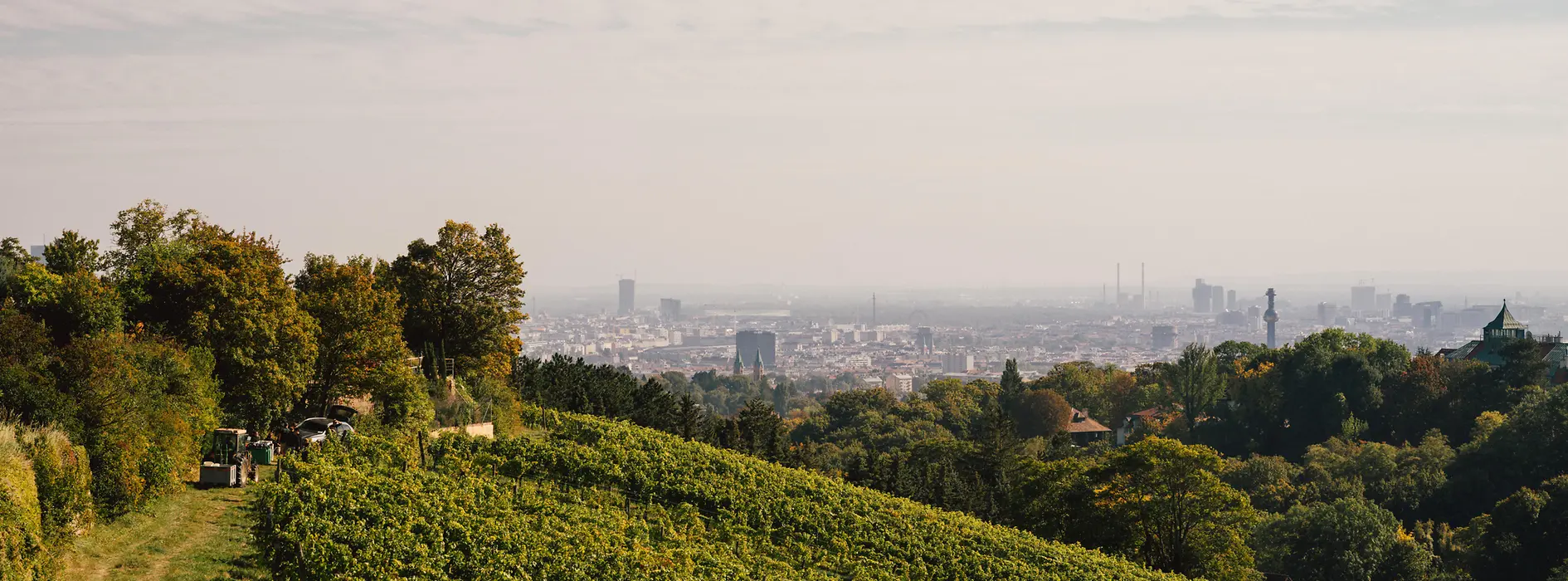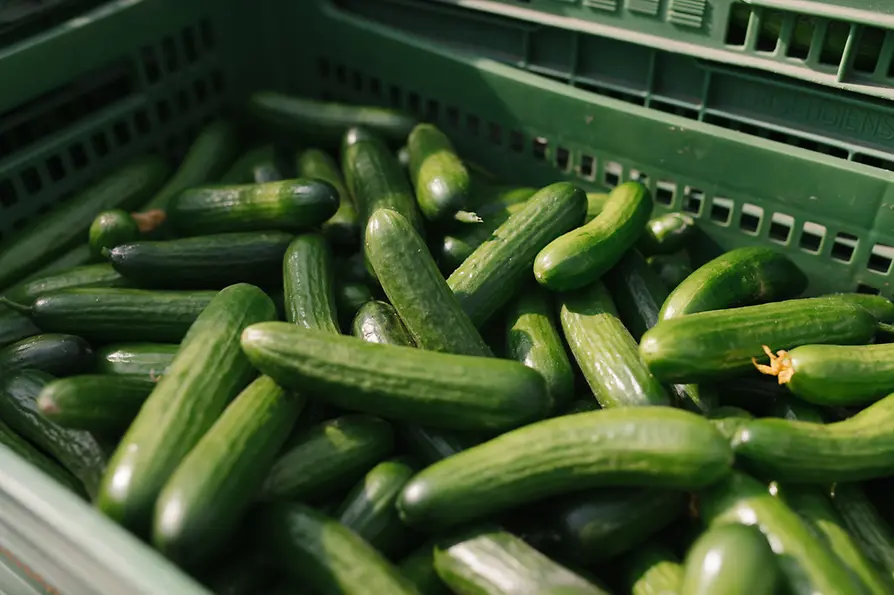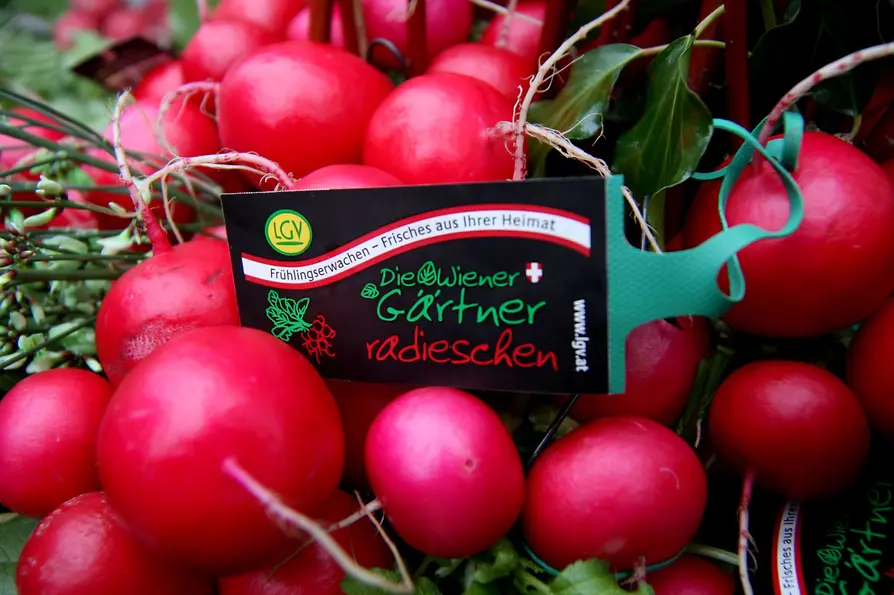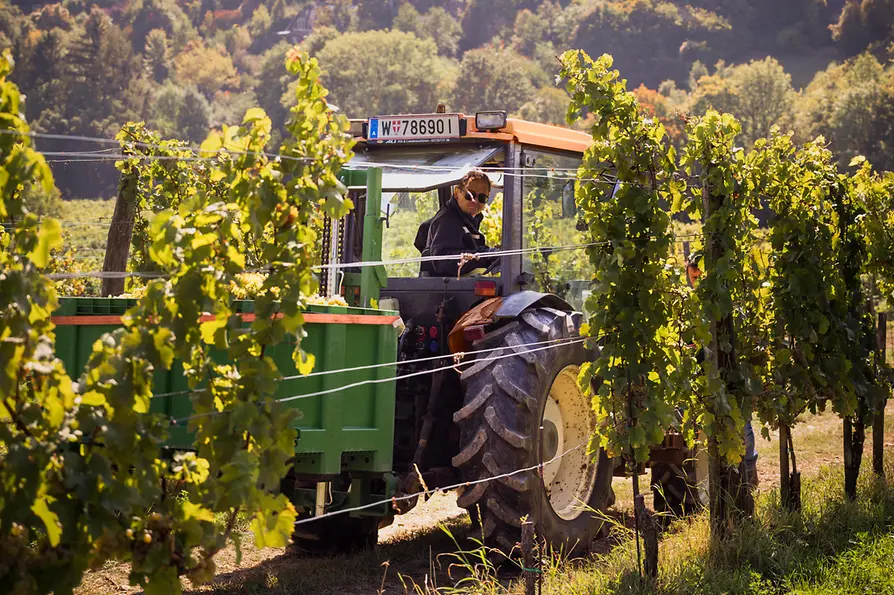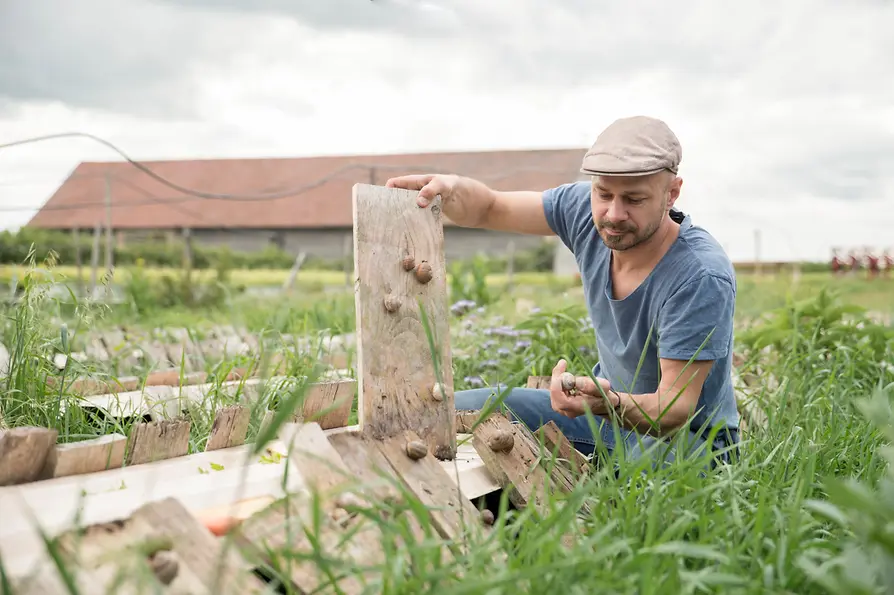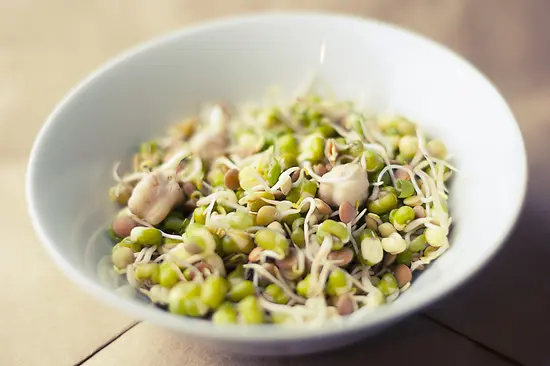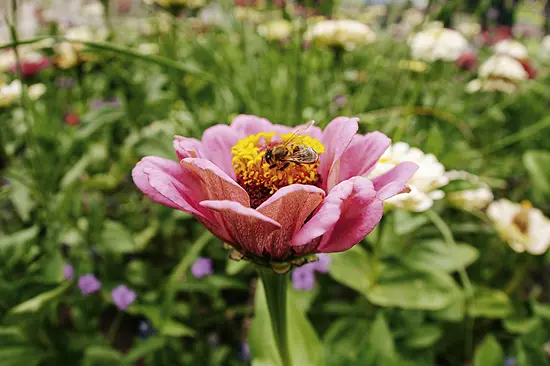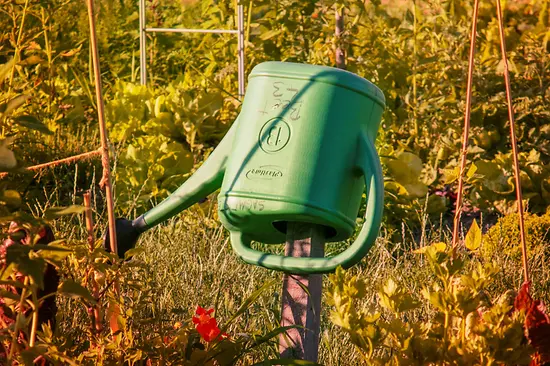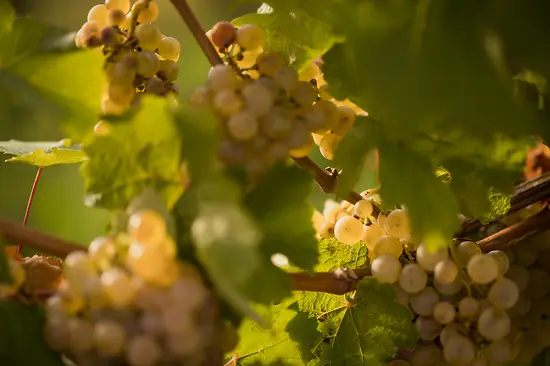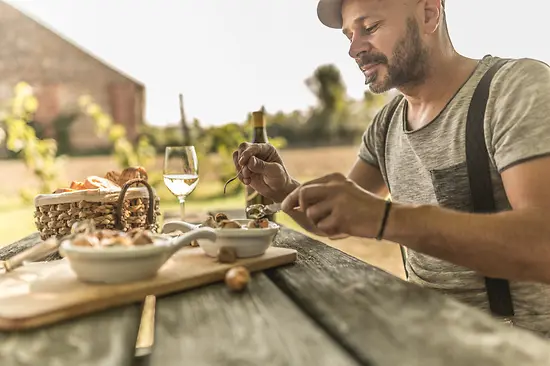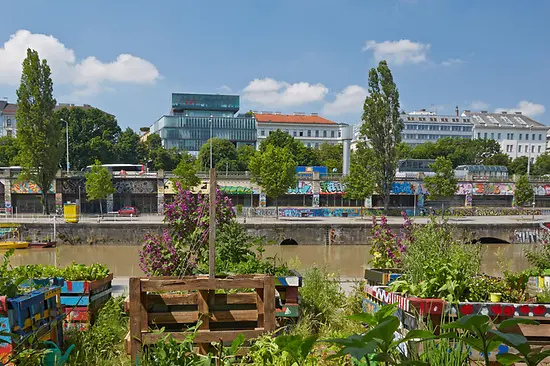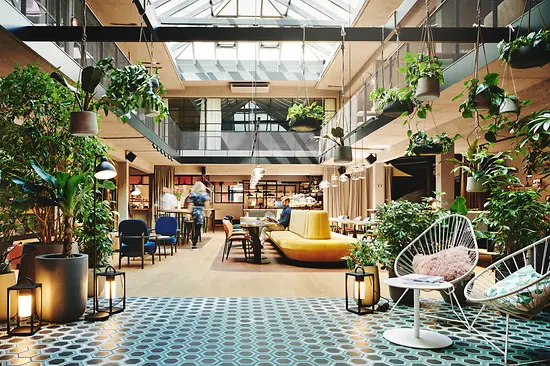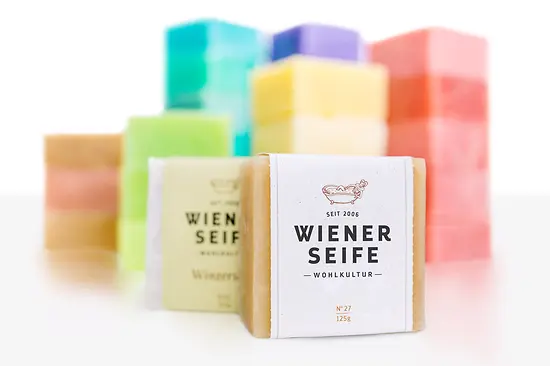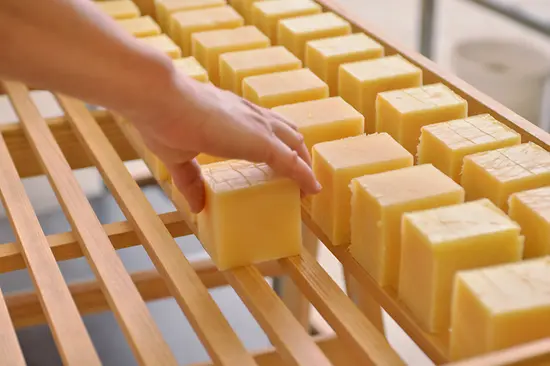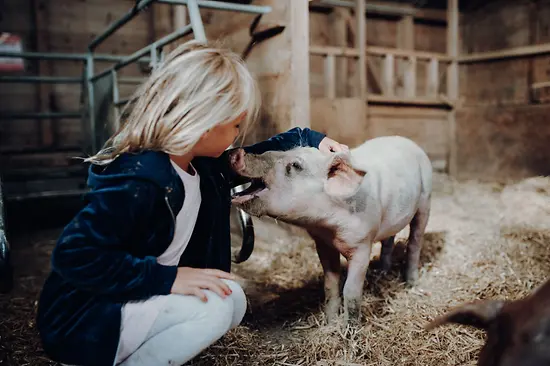Viennese city agriculture
Did you know that...
- Vienna is the capital of cucumbers? Two out of every three cucumbers grown in Austria come from the federal capital.
- Vienna also has a sizable agricultural sector? In total, 6,336 hectares are used for agricultural purposes – that's around 15% of the total surface area of Vienna. Around one third of this area is even managed organically.
- Vienna has a high degree of self-sufficiency in vegetables? The local businesses can cover around one third of the vegetables consumed by the Viennese. Transport routes could hardly be shorter.
Did you know that...
- soy has been known in Vienna since 1873? The soybean was presented internationally for the first time at the Vienna World's Fair. It was there that agricultural expert Friedrich Haberlandt discovered it and saw great potential in the exotic bean. Today, it is grown on an area of over 224 hectares in Vienna.
- figs are also grown in a big way in Vienna? The Viennese fig is highly prized in the dining sector. It is noted for its flavor because the fruits can be harvested fully mature as they are used locally. They are grown on the organic fig farm in Simmering, near to Neugebäude Palace.
- the "Riesen von Aspern" are a typical kind of radish for Vienna? This old, large-bulbed kind is especially juicy and mild in flavor. The name comes from the Viennese district of Aspern, although the Riesen von Aspern are mostly cultivated in Simmering nowadays. The area under radish in Vienna extends to around six hectares, with much of that land being used to grow the "Riesen von Aspern" variety.
Did you know that...
- appreciable winegrowing also takes place in Vienna? Around 600 hectares are cultivated by 176 winegrowing organizations. When it comes to wine, Vienna opts for white – and only a little for red. White wine is cultivated on around 85 percent of the area under vine.
- Vienna has its own kind of wine called the Viennese Gemischter Satz? This old Viennese specialty almost passed into obscurity before it was trimmed to top quality a few years ago by dedicated vintners, and is now cultivated on nearly 40 percent of the area under vine.
Did you know that...
- the city of Vienna runs its own organic business and a vineyard? The agricultural areas of the Lobau organic center are distributed right across Vienna. Primarily vegetables, potatoes, and grain are harvested. And on the Cobenzl, one of the Vienna's home mountains, the city of Vienna runs the Cobenzl Winery. Both are pioneering business and generate a lot of interest in other cities.
- the City of Vienna is one of the largest agricultural businesses in Austria and even one of the largest organic businesses in the country? In total, the city manages around 2,200 hectares of fields and vineyards, most of it organic. There is even an own organic brand for products from the city's own agricultural activities: Wiener Gusto.
Did you know that...
- snails are also "produced in Vienna? The snail manufactory of Andreas Gugumuck is by far the most unusual agricultural business in the city. Snail-growing has a long tradition in Vienna. Until the beginning of the 20th century, Vienna was a bastion for snail enthusiasts and had its own snail market behind the Peterskirche (Church of St. Peter). Andreas Gugumuck revised snail breeding and the Viennese snail can now be found in Vienna's restaurants again.
- there is even innovative fish breeding in Vienna? The company blün focuses on a modern circular economy with aquaponics. The water from fish ponds serves as fertilizer for growing vegetables. Not only is the Viennese catfish farmed here, but also other fish specialties like the Tyrolean whiteleg shrimp.
